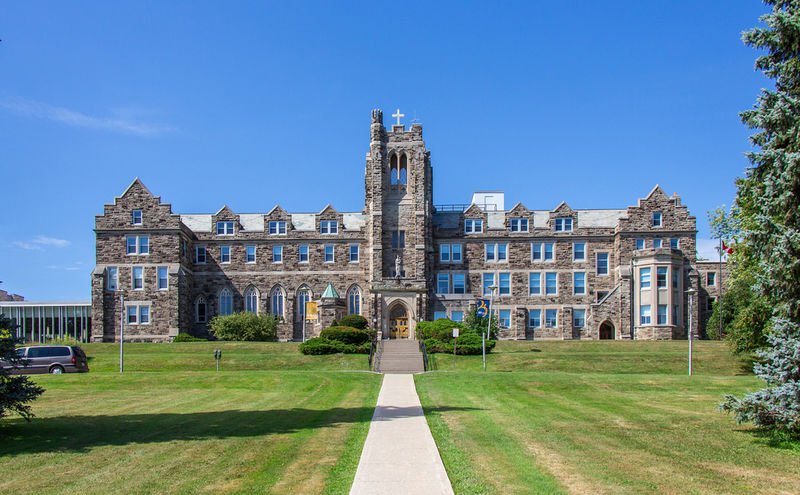Generally, the main difference between a college and a university is that the latter offers both graduate and undergraduate degrees, while the former offers only undergraduate degrees. Many colleges can be part of a university. Within this definition, there is a lot of leeway as to what makes each establishment unique.

Universities
Universities offer bachelors’ degrees, masters’ degrees, and Ph.D. graduate degrees. Alternatively, the first is referred to as an undergraduate degree and the second and third as a graduate. Faculty members of universities are frequently active in research and sometimes required to publish academic works as part of their regular work-related tasks, leaving them less time for actual teaching. Teaching assistants, who have completed a Master’s or Doctor’s program, often teach courses or moderate discussion sessions. They often teach freshman and sophomore level courses as well.

Colleges
There are two-year and four-year independent colleges, which offer associate degrees and bachelor degrees. Two-year colleges offer academic program certificates or associate degrees, and graduates of four-year colleges receive bachelors’ degrees. Some two-year colleges focus on technical and vocational training programs. If you graduate a two-year college, you can usually enroll in an undergraduate university program to advance your education and training.
Similarities
Despite the differences in quality and size among colleges and universities, both types of establishments offer bachelors’ degree programs. Moreover, they can both be publicly or privately operated and owned. From an academic viewpoint, you can obtain a good education at both a university and college. Your choice depends only on your academic needs.

